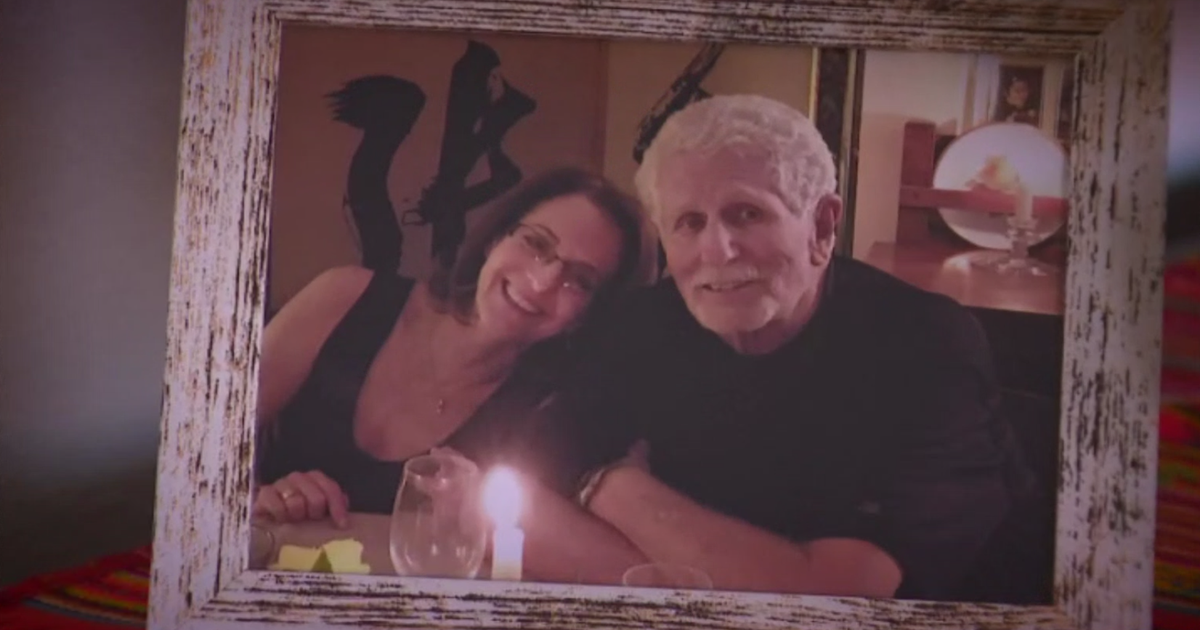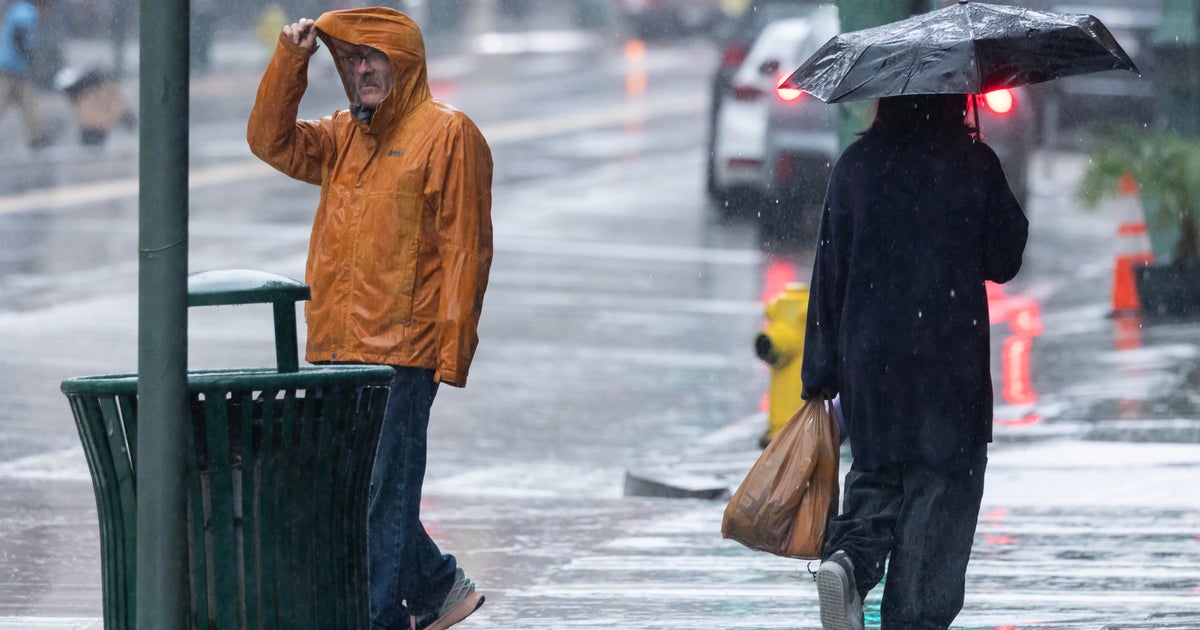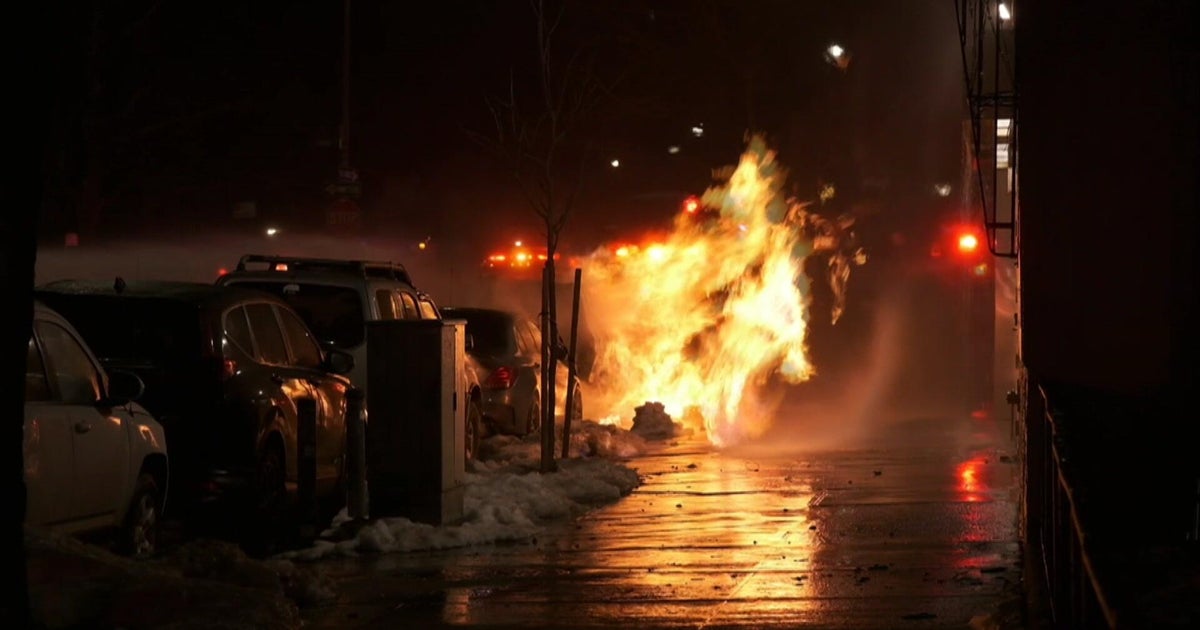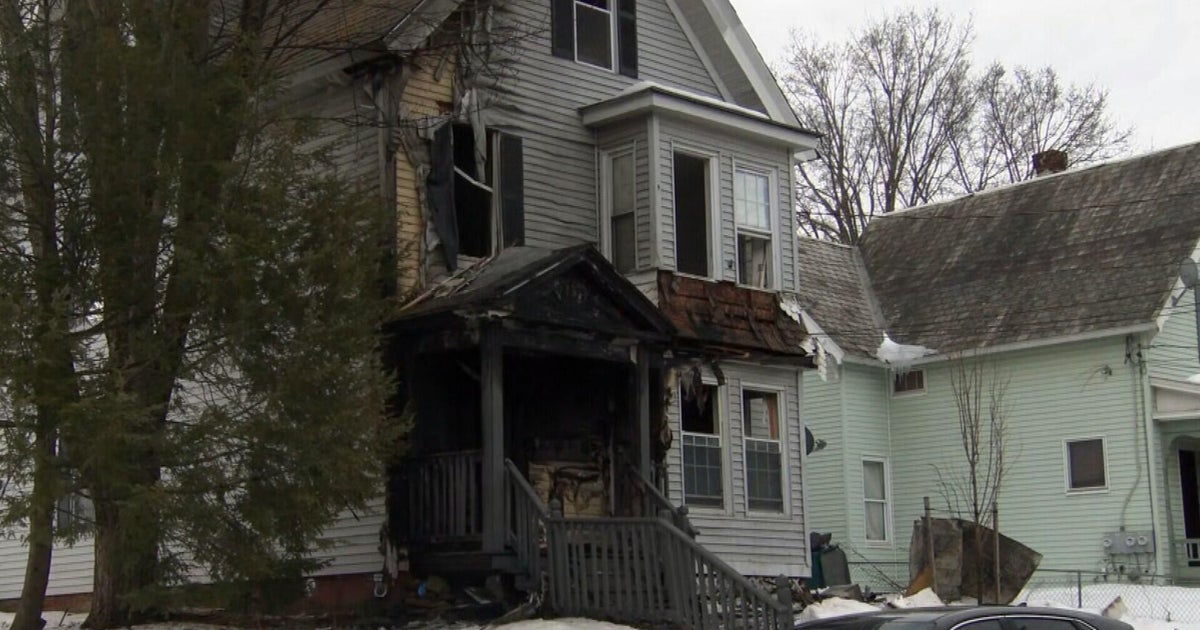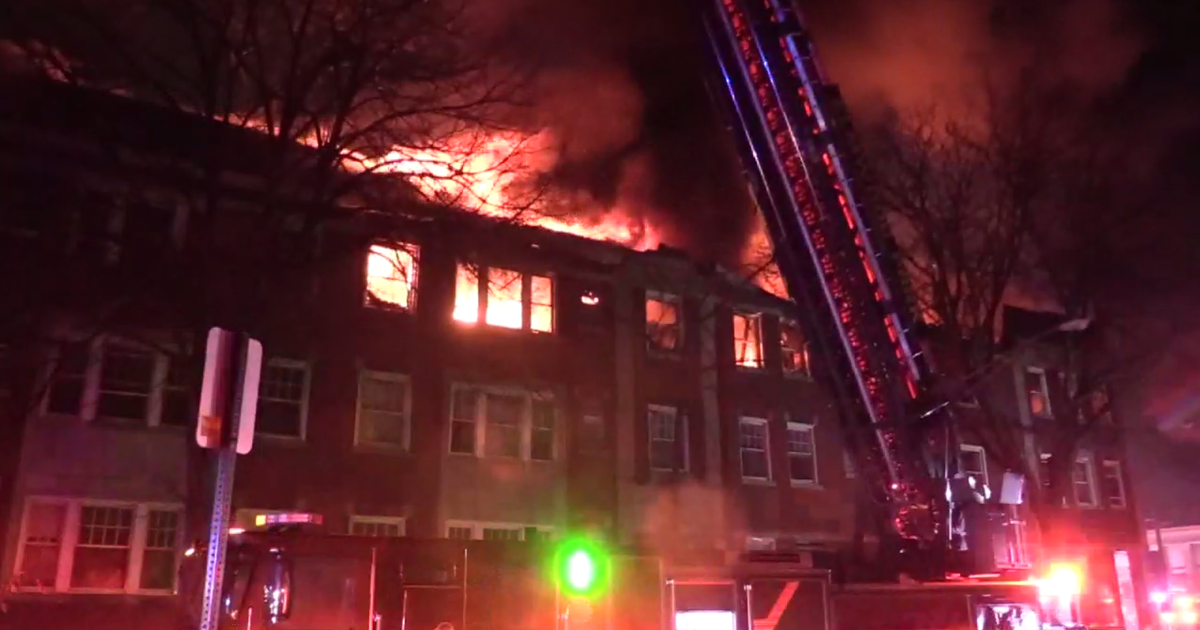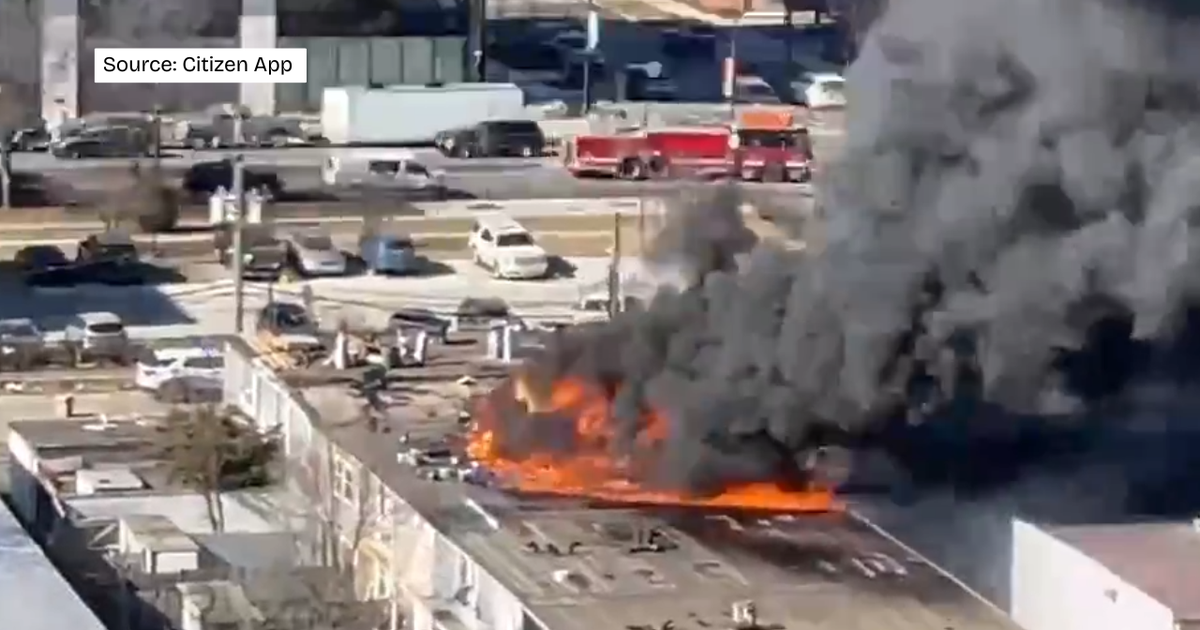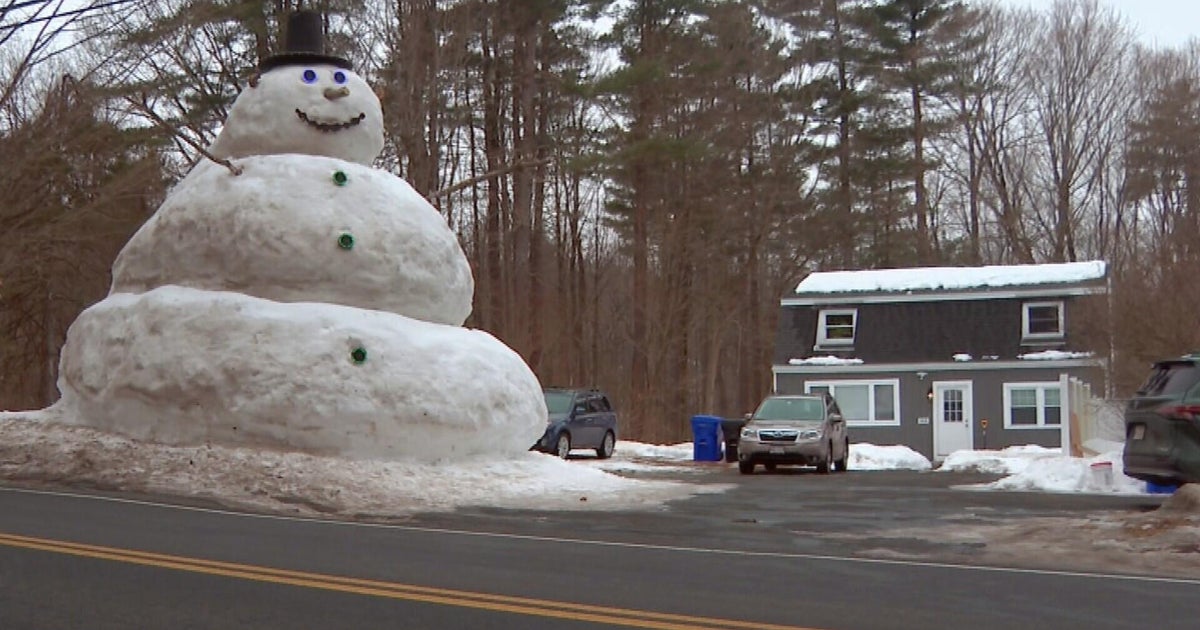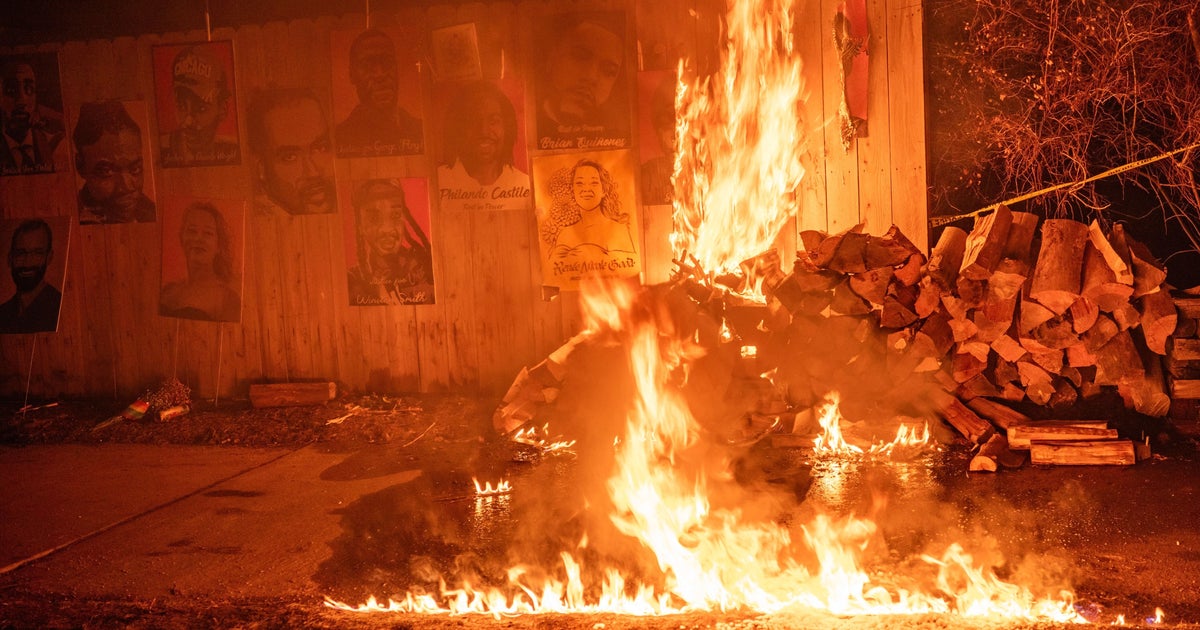One Year Later Questions, Warnings Linger About Lauderhill Fire
LAUDERHILL (CBS4) - Time has stopped at 1590 Park South in Lauderhill.
A fence sits around the burned-out building. "No Trespassing" signs warn passersby to stay away.
For residents who used to call the building home, it's been a difficult year since a massive fire on the building's third floor gutted the 30-unit condo building last May 7th.
"It's devastating to know that in one day everything is lost," former resident Jennie Valdes told CBS 4's Carey Codd.
Valdes remembers clearly the fire alarm she heard as fire raged through the building. She made it out safely from her first floor unit but she would never live there again.
Iris Brown wasn't home when the fire started. She remembers the driver bringing her home from a doctor's visit saying, "Miss Brown, your apartment is on fire."
She lost her home and most of her possessions, including precious family photos.
She and other residents said they only learned in the days after the fire that the building was not insured. They routinely paid their monthly maintenance and believed a portion of that money was paying for insurance. Apparently, it wasn't and it was a difficult lesson to learn.
"I learned to insure wherever I go now," Brown said.
Fire investigators were able to determine where the fire started -- unit 304 -- but not how the fire started. They also found no evidence of arson.
"At this point, it remains undetermined," said Lauderhill Fire Marshal Marc Celetti.
The fire spread through the building so quickly, said Celetti, because of two reasons. One, there was a delay in reporting the fire to authorities and two, the building had a common roof without any firewalls to prevent the fire from racing through the building.
Celetti said there were many buildings with similar roof construction built in South Florida in the 1970's and 80's. He said the building codes weren't as strict then. For instance, the rules did not require fire sprinklers, fire walls in the roof or other safety features that are common in new construction.
"Residents need to be aware that these older buildings do not have the safeguards that today's buildings would have and fire sprinklers in residential buildings are not only going to save property, they're going to save lives," Celetti said.
Celetti talks to residents in his city and tells them that additional safety features would help minimize the threat of fire but they are expensive.
"It's tough for me to go in and say you need these voluntary measures that would have stopped this fire from progressing when they can't provide for the day to day stuff," he said, adding that many residents can barely afford to pay for power, water or other utilities.
Celetti said if you want to know if the building you live in has this type of roof construction, you should contact your local fire department.
The 1590 building has already been partially demolished and an assistant city attorney said it will likely be completely torn down.
Residents like Valdes and Brown have struggled in the past year, trying to make rent when their condos that burned were paid off. They have lived off the help of family, friends and church members while eating up any savings they had.
What makes it more troubling are the nagging questions. The man who lived in the unit where the fire started had lived without electricity for months. They wonder if he should have been living there in the first place.
Valdes said she tries not to dwell on it.
"I need to retain my sanity," she said.
